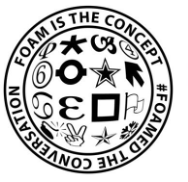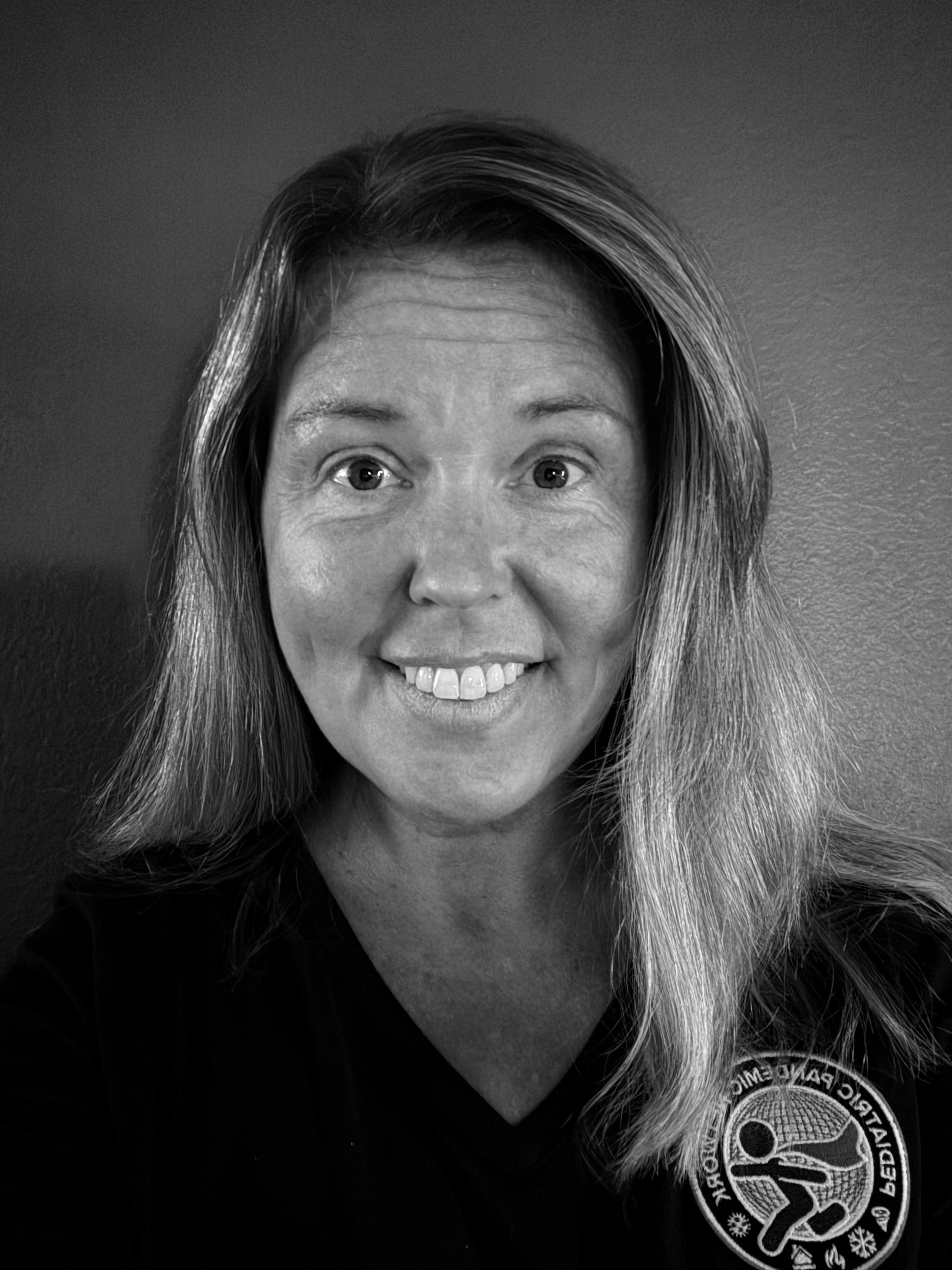Disaster Medicine Handbook: A Quick Reference
Preface
We don’t often think about disasters until it is too late. As our world faces an increasing frequency of natural and human-made disasters, it is clear that the question has evolved from:
“What should I do if a disaster strikes?”
to
“What should I do when a disaster strikes?”
When I (Dennis) first tried to enter the world of disaster medicine, I was overwhelmed. There were so many concepts, terms, and an alphabet soup of acronyms. The resources were scattered. I found many overly “academic” and difficult to read. There’s got to be a better way to do this.
The Disaster Medicine Handbook: A Quick Reference provides essential information for effectively dealing with any disaster. Our contributors aim to explore the vast trove of existing disaster medicine material and turn it into high-quality, concise, engaging, and pertinent summaries of what you need right now. The “chapters” are bite-sized and easy to digest with links to other resources should you want to learn more. Read and learn at your own pace.
Why We’re Different
This content is built with accessibility and clarity in mind. The plain, straightforward language supports readability and understanding, especially in high-stress scenarios.
Every topic is approached from a learner’s perspective. Unlike many expert-driven resources, this handbook is intentionally crafted for those who are just entering the field of disaster medicine.
Subject matter experts review all content for accuracy. Explanations are designed to bridge the gap between technical knowledge and practical understanding, avoiding assumptions and minimizing jargon.
Our Commitment to FOAMed
 |
FOAMed stands for Free Open Access Medical Education. There are many great disaster medicine resources, texts, training programs and fellowships out there. But we strongly believe that disasters are a team sport. In order for everyone to play their part optimally, disaster medicine knowledge should be free and unrestricted to all who seek it. |
Get Involved
Our goal with this project is to create a community where we can learn from one another, share experiences and ideas, and engage in conversation. Our content is always changing and getting updated
Get in touch by engaging with our forum! Tell us what content is missing. Better yet, write a chapter for us! Or just tell us whether or not you’re enjoying the resource. We’d love to hear from you.
Access the Disaster Medicine Handbook: A Quick Reference Forum.
Who We Are
|
|
Dennis Ren MDEditorDennis is a pediatric emergency medicine physician at Children’s National Hospital and Assistant Professor of Pediatrics and Emergency Medicine at The George Washington University School of Medicine & Health Sciences in Washington, D.C. He is a big proponent of Free Open Access Medical Education (FOAMed) and hosts a monthly critical appraisal podcast, “SGEM Peds” in collaboration with "The Skeptics’ Guide to Emergency Medicine" and “Ready. Prep. Go!” the podcast from the Pediatric Pandemic Network. He is passionate about exploring creative methods for science communication, knowledge dissemination, and knowledge translation. |
|
|
|
|
|
Brianna (Bri) Enriquez MDDisaster Subject Matter ExpertBri is a pediatric emergency medicine physician at Seattle Children’s Hospital and Associate Professor of Pediatrics at the University of Washington School of Medicine in Seattle, Washington. She also serves as the medical director for emergency management. |
|
|
|
|
|
Steven E. Krug MDSubject Matter ExpertSteve is a pediatric emergency medicine physician at Ann & Robert H Lurie Children’s Hospital and Professor of Pediatrics at Northwestern Feinberg School of Medicine in Chicago, Illinois. He served as chair of the American Academy of Pediatrics Disaster Preparedness Advisory Council and had also served on the Administration for Strategic Preparedness and Response (ASPR) National Biodefense Science Board. He has published extensively on the care of children in disasters in multiple journals. |
|
|
|
|
|
Shaileen McVeighSubject Matter ExpertShaileen’s passion for emergency medicine began early, inspired by her ER nurse mother and firefighter father. She has served as an EMT, 911 dispatcher, RN, and Pediatric Emergency Care Coordinator. Now a Hub site Manager for the PPN based at Yale School of Medicine, she draws on her diverse experience—as a responder, educator, nurse, and mother of four—to advance pediatric education and disaster preparedness. |
|
|
|
|
|
Allison EtcheverryContributorAllison is a medical student at The George Washington University School of Medicine and Health Sciences and a participant in the Disaster Medicine Scholarly Concentration. She is passionate about making health information easy to understand and accessible to those who need it. She has volunteered with and helped develop several community-based initiatives focused on health education and outreach. She is especially interested in translating complex topics into clear and actionable guidance for both patients and providers. |
|
|
|
|
|
Lauren OpenshawContributorLauren is a medical student at the George Washington University School of Medicine & Health Sciences, Class of 2027 where she is a part of the Disaster Medicine Scholarly Concentration. Her clinical interests include pediatrics, disaster medicine, critical care, and emergency preparedness, particularly as they relate to protecting vulnerable children during natural disasters and public health crises. |
Produced By
 |
Pediatric Pandemic NetworkThe Pediatric Pandemic Network is supported in part by the Health Resources and Services Administration (HRSA) of the U.S. Department of Health and Human Services (HHS) as part of cooperative agreements U1IMC43532 and U1IMC45814 with 0 percent financed with nongovernmental sources. The content presented here is that of the authors and does not necessarily represent the official views of, nor an endorsement by HRSA, HHS, or the U.S. Government. For more information, visit HRSA.gov. |
Attribution-NonCommercial CC BY-NCThis license lets others remix, adapt, and build upon your work non-commercially, and although their new works must also acknowledge you and be non-commercial, they don’t have to license their derivative works on the same terms. |

